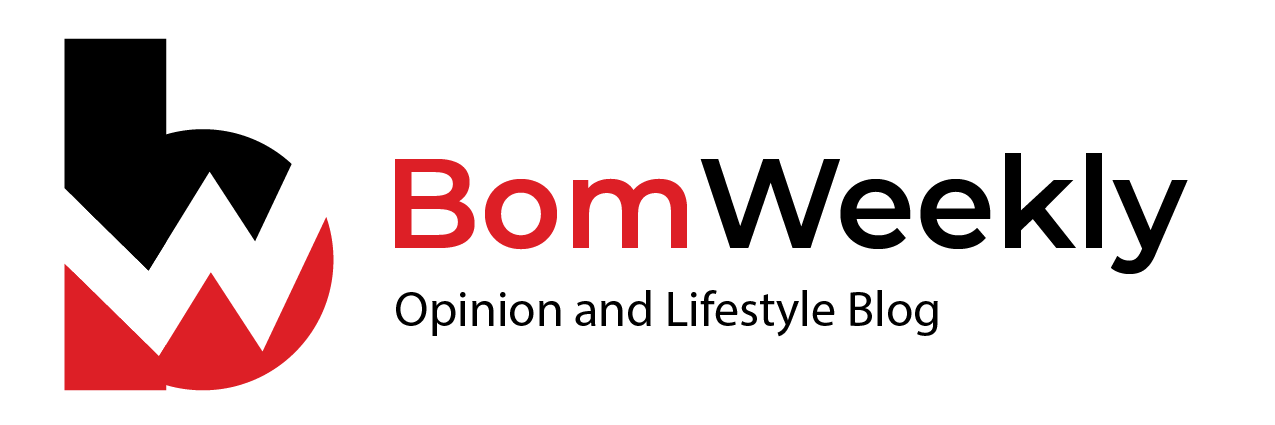World Bank Spent $11 Billion In Nigeria
The World Bank has declared that it has so far spent around
$11 billion over the years on projects across Nigeria.
Country Director of the World Bank in Nigeria, Mr. Rachid Benmessaoudade, made this disclosure in Abuja on Thursday at the maiden edition of Nigeria Portfolio Performance Award.
He said the projects which this huge sum of money was spent on over the years were targeted at alleviating poverty and improving the lives of Nigerians.
He described the World Bank’s financial commitment in Nigeria as being among the largest in the entire African continent with over 30 operational projects.
The projects, he said, are spread across health, education, agriculture, social protection, energy, infrastructure, governance, among others, in all 36 states of Nigeria, and the FCT.
He said that 60 percent of the bank’s programs were implemented at the state level and another 40 percent at the federal level.
Benmessaoudade also revealed that the bank was working on a new country partnership framework “that would outline the new reform challenges that the government faces and how it could support it in implementing solutions to the challenges.”
According to him, “the country partnership strategy is always anchored in the economic reform plan of the government and in this case, we have used the Economic Recovery and Growth Plan (ERGP), which is the medium-term program of the government on which we are anchoring our country partnership framework.”
He said the bank feels that “the world bank can play a catalytic role in creating a conducive environment for the private sector to finance infrastructure so that we can create the fiscal space for the government to put more money in human capital and social spending.”
Country Director of the World Bank in Nigeria, Mr. Rachid Benmessaoudade, made this disclosure in Abuja on Thursday at the maiden edition of Nigeria Portfolio Performance Award.
He said the projects which this huge sum of money was spent on over the years were targeted at alleviating poverty and improving the lives of Nigerians.
He described the World Bank’s financial commitment in Nigeria as being among the largest in the entire African continent with over 30 operational projects.
The projects, he said, are spread across health, education, agriculture, social protection, energy, infrastructure, governance, among others, in all 36 states of Nigeria, and the FCT.
He said that 60 percent of the bank’s programs were implemented at the state level and another 40 percent at the federal level.
Benmessaoudade also revealed that the bank was working on a new country partnership framework “that would outline the new reform challenges that the government faces and how it could support it in implementing solutions to the challenges.”
According to him, “the country partnership strategy is always anchored in the economic reform plan of the government and in this case, we have used the Economic Recovery and Growth Plan (ERGP), which is the medium-term program of the government on which we are anchoring our country partnership framework.”
He said the bank feels that “the world bank can play a catalytic role in creating a conducive environment for the private sector to finance infrastructure so that we can create the fiscal space for the government to put more money in human capital and social spending.”
Source: The Independent










Post a Comment